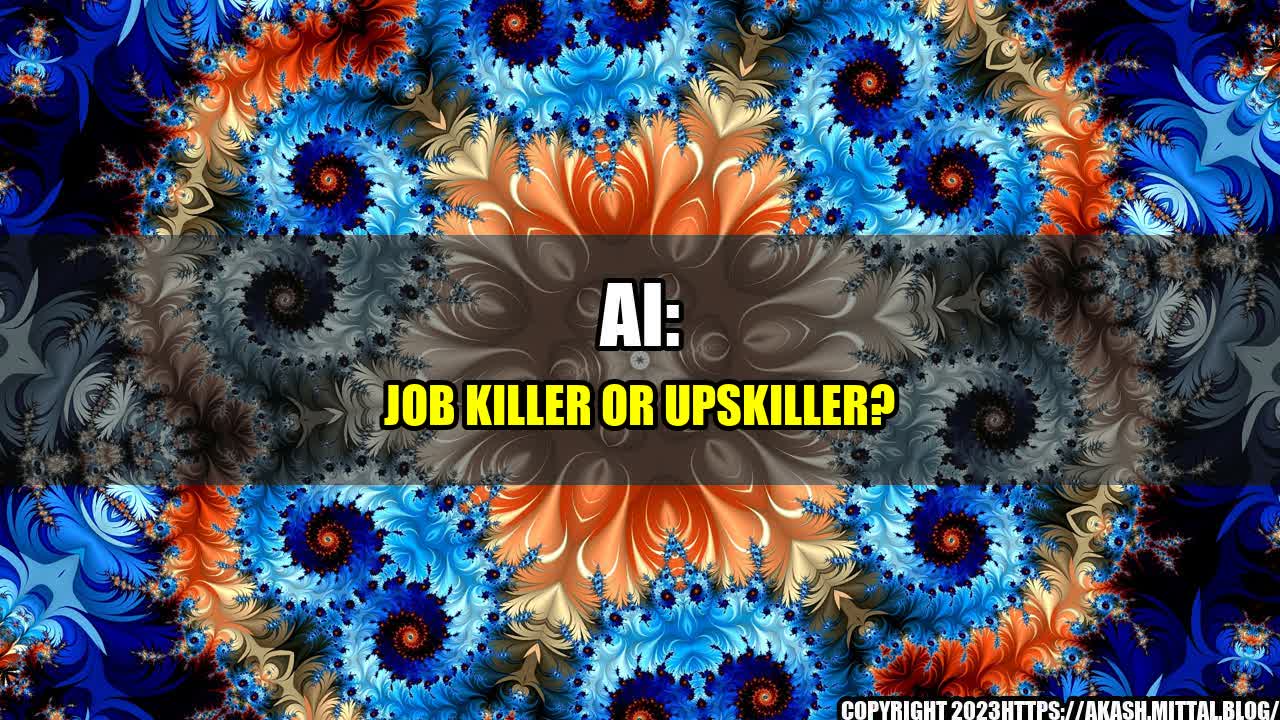The Rise of Sophie: An AI-Assisted Paralegal
Sophie was a young paralegal at a law firm, struggling to keep up with the mountain of documents that needed to be reviewed for a high-profile case. She felt overwhelmed and stressed, and was worried that she would make a mistake that could cost the firm and the client dearly.
Then, one day, her boss called her into his office and introduced her to a new AI tool that could assist her with her work. The tool used machine learning algorithms to analyze and categorize documents, highlighting key information and reducing the time and effort required for manual review.
Sophie was skeptical at first, but as she worked with the tool, she began to see its benefits. She was able to identify important details more quickly and accurately, and was able to focus her attention on the areas that required human judgment and expertise. She felt more confident in her abilities, and her stress levels decreased.
Thanks to the AI tool, Sophie was able to complete the document review ahead of schedule, and her firm was able to win the case. Her boss praised her for her excellent work, and Sophie realized that AI wasn't a threat to her job, but a tool that could help her become a better professional.
AI's Impact on the Workforce
Sophie's story is just one example of how AI can enhance the skills and capabilities of workers, rather than replacing them. Here are some other examples:
- Manufacturing: In a study by the International Federation of Robotics, it was found that between 2010 and 2016, the number of industrial robots in use globally increased by 74%. However, during the same period, employment in the manufacturing industry also increased by 1.64 million jobs.
- Retail: In the UK, the introduction of self-checkout machines in supermarkets led to an increase in the number of checkout assistants, as the machines required human oversight and maintenance.
- Healthcare: AI-powered diagnostic tools are helping healthcare professionals to identify diseases and conditions more accurately and quickly, improving patient outcomes. However, the role of the doctor or nurse in providing compassionate care and making complex decisions cannot be replaced by AI.
These examples demonstrate that while AI may automate certain tasks, it often creates new opportunities for workers to take on higher-value work that requires creativity, critical thinking, and empathy.
Conclusion: AI is an Upskiller, not a Job Killer
- AI enhances productivity: By automating repetitive and time-consuming tasks, AI frees up workers to focus on more complex and valuable tasks that require human skills and judgment.
- AI creates new job opportunities: As industries adopt AI, new job roles are emerging that require skills such as data analysis, programming, and strategic thinking. These roles pay well and offer opportunities for career growth.
- AI augments human skills: Rather than replacing human workers, AI is a tool that can enhance their skills and make them more effective and efficient. Workers who are skilled in working with AI tools will be more competitive in the job market.
In conclusion, AI is not a job killer, but an upskiller that can help workers to become more valuable and effective in their roles. Companies and individuals who embrace AI and invest in developing their skills will be better positioned to thrive in the new economy.

Curated by Team Akash.Mittal.Blog
Share on Twitter Share on LinkedIn